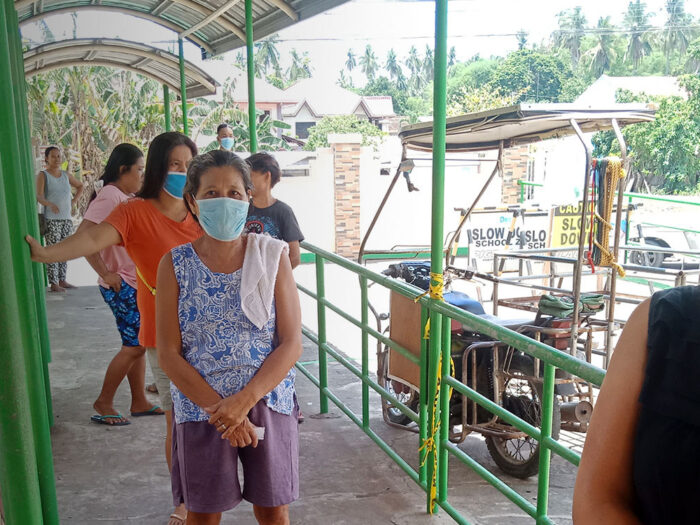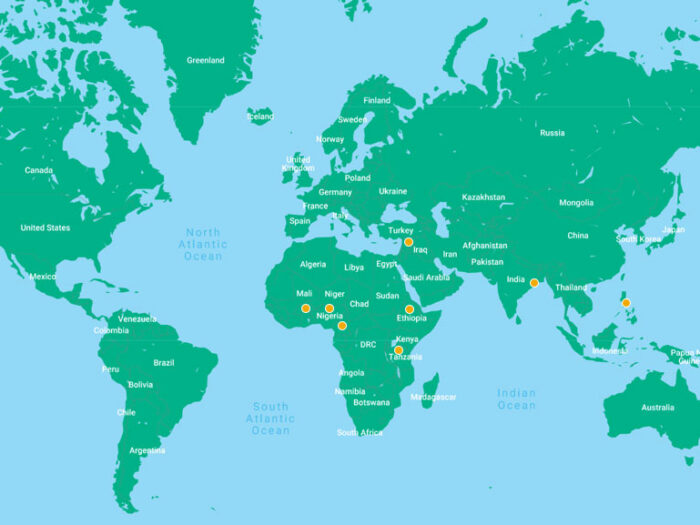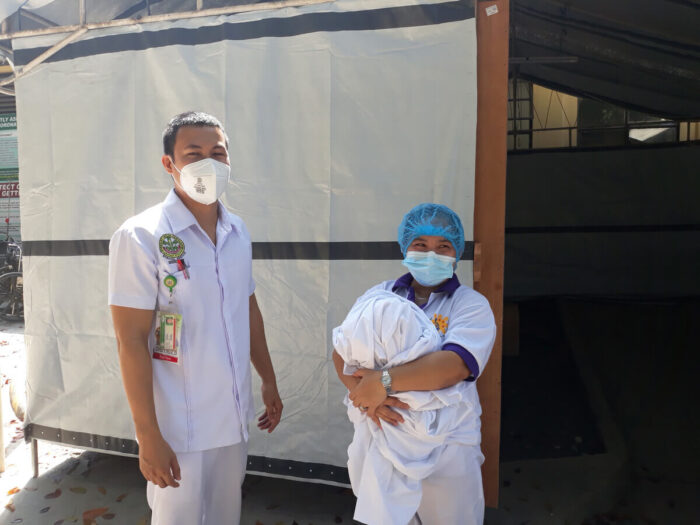
How has our disaster response work changed during the Coronavirus pandemic?
How do you get aid to the people who need it without endangering anyone and when most countries are on some kind of lockdown and large gatherings are banned?
Over two years into this pandemic and for many people around the world, coronavirus is still dominating their lives. At ShelterBox, we have adapted how we work as coronavirus creates a whole new level of risk for vulnerable families who have lost their homes.
With the war in Ukraine and ongoing conflicts around the world, the number of people forcibly displaced has now surpassed 100 million for the first time on record, representing 1% of the total global population. Many will have limited access to shelter, healthcare, water, food and ways to earn a living, leaving them even more vulnerable to diseases like coronavirus.
In many of the places we have been working like Syria and Burkina Faso, coronavirus is still spreading rapidly.
Coronavirus is an unprecedented global humanitarian emergency. It is creating more danger for many of the world’s most vulnerable people.
Emergency shelter can, and is, saving lives in this pandemic.
Our Chief Executive Sanj Srikanthan explains how we have been providing vital emergency shelter aid to communities all over the world.
Learn More
Global travel restrictions are still making it tougher for us to undertake our vital work.
But our links with local partners worldwide, combined with our storage of shelter materials and tools in multiple locations globally, means we are still able to get shelter to the families who need it most.
Find out how we’re adapting how we work during the coronavirus pandemic.

The partnership between Rotary and ShelterBox provides a place of refuge for vulnerable people to stay as healthy as possible. When it comes to fighting a pandemic, the most vulnerable need our protection – or everyone is at risk. As emergency shelter experts, ShelterBox has a vitally important part to play in the global response to Covid-19.